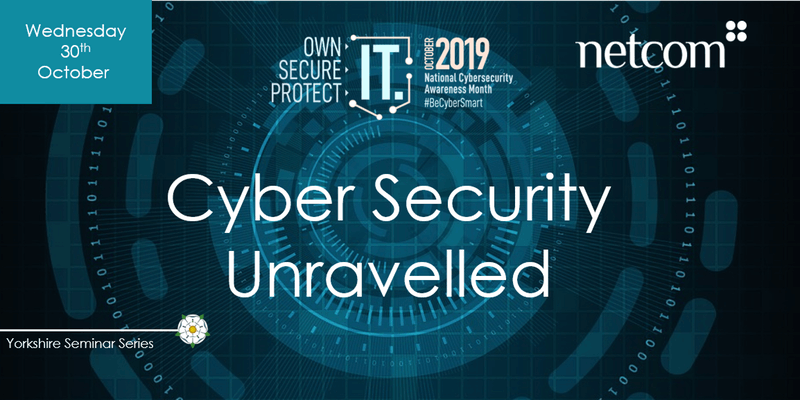Photo by Clint Patterson on Unsplash
- In their 2019 Official Annual Cybercrime Report, Cybersecurity Ventures predicts cybercrime damages will cost the world $6 trillion annually by 2021, up from $3 trillion in 2015.
- Global spending on cybersecurity will exceed $1 trillion cumulatively for the 5-year period from 2017-2021, according to Cybersecurity Ventures.
- The average time to identify a data breach is 196 days.
What does being hacked look like?
There are two extreme perceptions on the spectrum of hacking:
1. A sophisticated security system with numbers cascading all around and a young whippersnapper on their laptop breaking the code.
2. 83 year old Alice opening an email saying that she’s won £23.72 the lottery and needs to enter her bank details to claim it before it expires.
It's hard to see yourself in either of those situations, but they're the ones you hear about. So you naturally make the assumption that you're not the target of hacking.
You're probably expecting a code-breaking slob, sat in his basement eating Doritos, sweating through his dirty grey jumper surrounded by his command center with twelve monitors and a scrolling list of vulnerable targets waiting to be attacked.
Or a cyberpunk girl with a hoody on a laptop with an anarchy sticker on it, sat in a graffiti ridden street of Amsterdam matrix of numbers cascading across the screen.

Photo by Josh Hild on Unsplash.
But in reality, the most common form of hacking looks unassuming:
It’s the link in a text message you get through that tells you to check your latest mobile bill.
"Please enter your username and password."
It's the polite woman who just forgot her keycard today.
"Would you be okay just letting me through?"
The enemy never sleeps.
Sophisticated hackers aren’t penniless paupers trying to desperately steal. They’re smart, they understand the business landscape and they’re as invested in AI and automation as you are.
Whenever they hit upon a technique that works, they refine it, automate it, and then it’s replicated and sent on the attack.
This means that you need to be matching your opponents in awareness and resources. Naturally, smaller businesses can’t be matching the most dangerous.
Naturally, the most dangerous hackers tend to target the bigger fish. The ones who make the headlines when they get breached.
Hackers thrive on infamy as well as monetary gain, so the biggest companies have to take the most measures.
Smaller businesses are still at risk, however.
45% of companies who get hacked by ransomware pay the ransom.
And some of those companies didn't get their data back either.
Don’t put the “IoT” in IdIoTic.

Photo by israel Palacio on Unsplash
The Internet of Things (IoT) is brilliant for efficient, intelligent working. Speak to the Bellagio Casino though, and you’ll quickly realise your IoT is another avenue hackers can take to get to your data.
They had their database stolen through a thermometer in the lobby fish tank.
There are really simple measures, such as two step authentication you can implement into your system to secure this as a line of entry.
But unless you’re aware of the vulnerability of IoT, it might not be something you’d even think of doing.
Your people are your biggest weakness
Compared to the cold, metal skeleton of your technology, the soft, fleshy meat-bags walking around your office are the primary prey for the predatory eyes of the hacker.
Three big ways your people put you at risk:
- Clicking on links in emails
- Letting people into the building – especially in Britain. Holding the door for someone is considered common courtesy, not a security threat.
- Not creating secure passwords.
The only way to stay safe is to stay up-to-date. Innovate rather than transform. Prevent rather than repair. Because even preventing, you can’t be 100% secure. Your people are your weakness. They’re the thing you need to update most, and refresh your training often.

There are always events you can go to keep yourself up to speed. Our friends at NetCom are putting on Cyber Security Unravelled, which will explore the methods and tools deployed by criminals and how exposed/protected your business is.




